I need help getting started on this script and will do the best to explain what I am trying to accomplish. I have a set of clusters, some have no custom config, some have one custom config, some have two, and other have more. I would to export these custom configs into a CSV, with column headers like custom1, custom2, custom3, etc.
So I need the script to create new column headers based on how many custom config a cluster might have, while either adding NULL or leaving blank cluster that don't have such config. Here is an example of a layout in my head.
ClusterName Custom1 Custom2 Custom3 Custom4
ABC 123 456 NULL NULL
DEF NULL NULL NULL NULL
GHI 123 456 789 abc
I don't want to statically create the column before hand, because the custom config could really vary and I need to programmatically allow the script to create the columns based on the data retrieved. I hope all this makes sense and thanks for any help.
